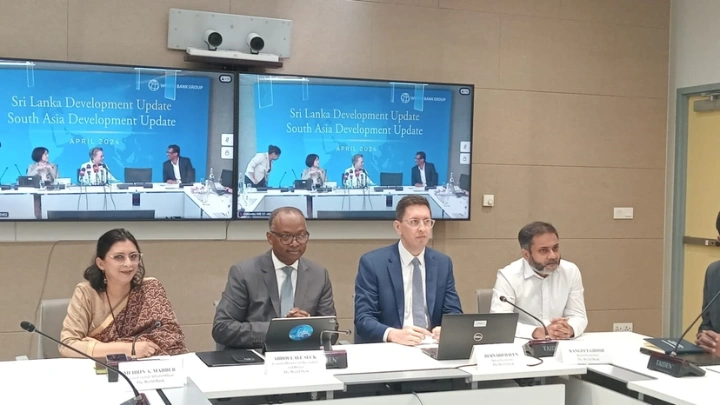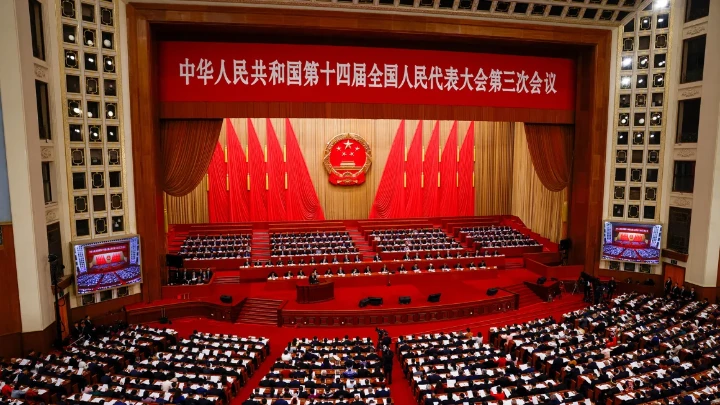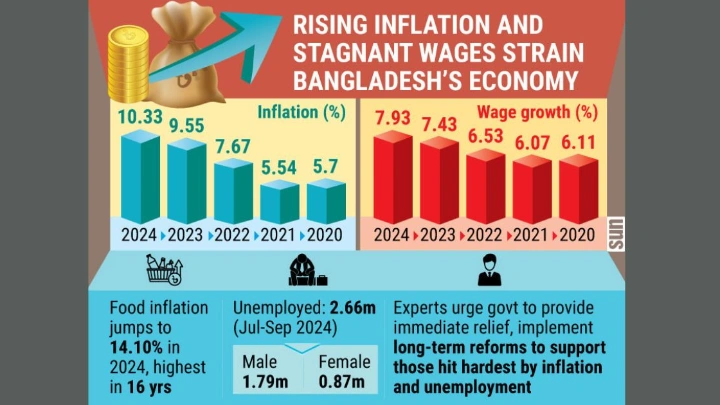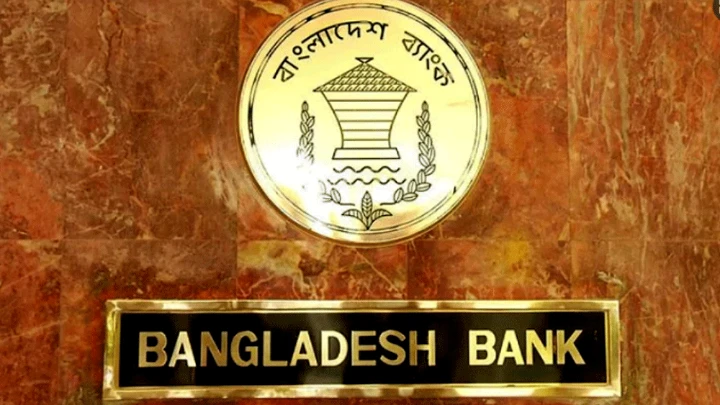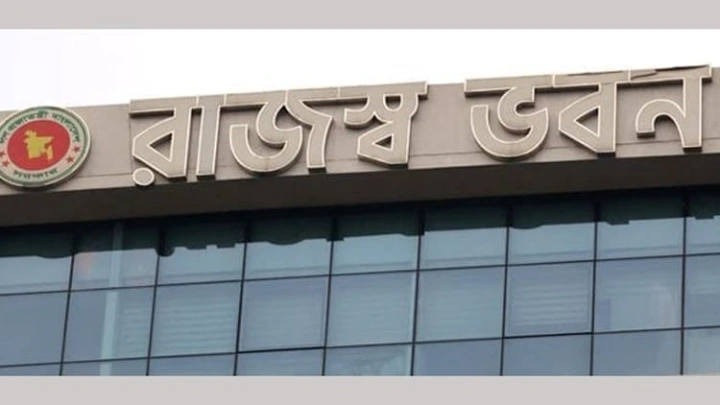Urgent reforms needed to sustain strong growth: World Bank
Shining BD Desk || Shining BD
Bangladesh's economy bounced back from COVID-19, but it's facing hurdles like high inflation, a persistent balance of payments deficit, and financial vulnerabilities, says a new World Bank report.
The World Bank in its twice-year-update titled "Bangladesh Development Update" was released on Tuesday.
The report highlights the need for urgent monetary reform and a single exchange rate system to boost foreign exchange reserves and tackle inflation. It suggests greater flexibility in exchange rates to balance demand and supply in the foreign exchange market. Structural reforms are also advised to diversify the economy and enhance resilience, including measures to increase government revenues for investments in infrastructure and human capital.
Persistent inflation has weakened consumer purchasing power, while investment has been hindered by tight liquidity conditions, rising interest rates, import restrictions, and higher input costs due to energy price hikes.
Private sector credit growth slowed down in FY24, reflecting a broader investment slowdown. The report also notes a high non-performing loan ratio in the banking sector, which doesn't fully capture banking sector stress due to lenient definitions and reporting standards, along with weak regulatory enforcement. However, the Balance of Payments deficit improved in the first half of FY24 due to a surplus in the current account.
As Bangladesh and South Asia navigate the complexities of post-pandemic recovery, the World Bank's call for bold reforms underscores the urgency of addressing economic vulnerabilities and unlocking growth potential for the region.
Shining BD

